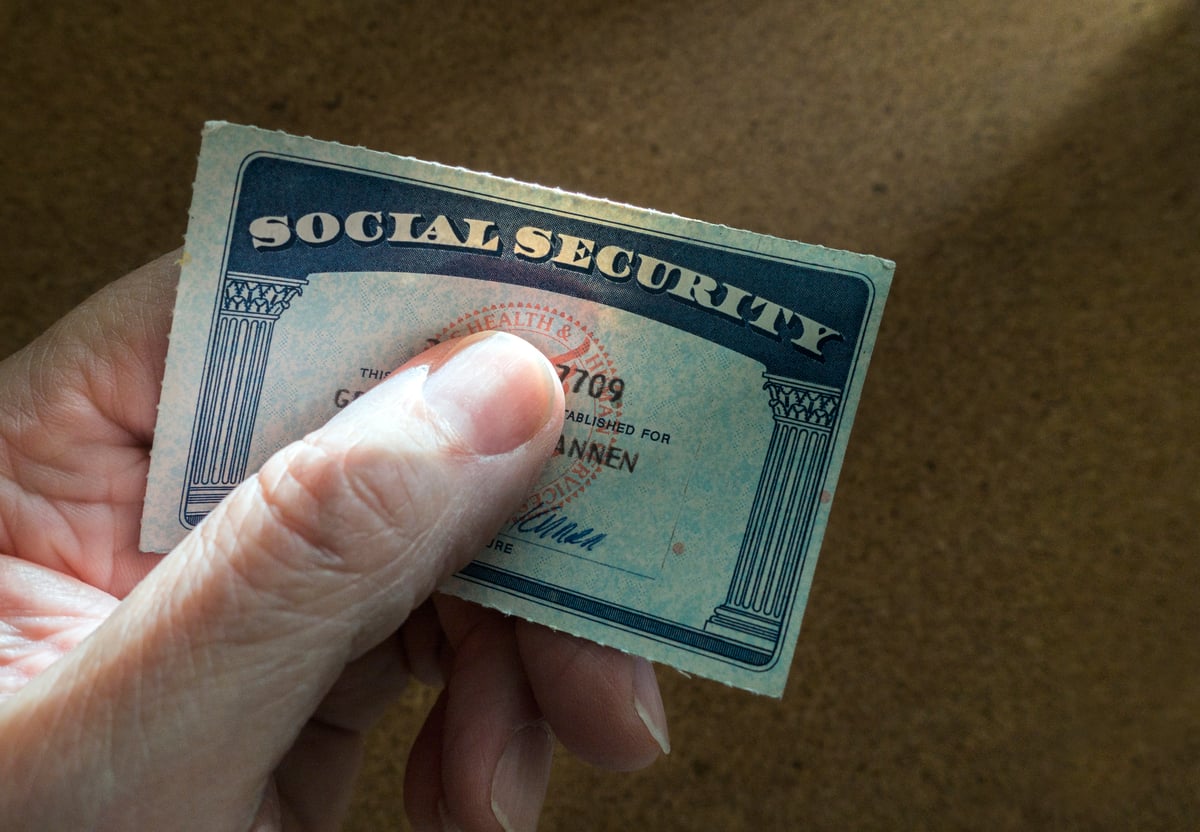Being debt-free is a good feeling, while living under a mountain of debt is not. It's reasonable that many people aim to get out of debt as soon as they can, and it's actually imperative that those with high-interest-rate debt, such as credit card debt, pay that off pronto.
However, not all debt needs to be paid off as quickly as possible. For example, there's a good case to be made for sticking with your regular mortgage payments and not aiming to retire that debt too soon.

Image source: Getty Images.
Good debt vs. bad debt
Don't assume that all debt is bad. When managed well, debt can be quite useful, such as when it helps you buy a home, or a car, or go to college. If you're saddled with debt because you borrowed a lot of money charging things you can't afford on your credit card, or you took out a home equity loan you'll have trouble repaying because you wanted to renovate your kitchen, that's not so good.
Interest rates have a lot to do with whether given debt is good or bad, too. We've been in a low-interest rate environment for many years now, and if you've taken out a mortgage that you can repay on schedule, you won't be forking over as much in interest as you might have in a worse environment.
Credit card debt, though, or any debt with steep interest rates, is a different beast. Many credit cards these days are charging rates in the high teens, and often well above 20%. (The overall average rate was recently around 17%.) If you owe, say, $20,000, and are paying 25% interest on it, that's $5,000 in interest alone each year until you wipe out that debt.
Why you might not want to pay off your mortgage early
So, why not just pay off all debt early, and be rid of it all? Well, because you might be able to achieve other things with your money. Go ahead and pay off any high-interest-rate debt pronto, but with low-interest-rate debt such as your mortgage, consider just sticking to the repayment schedule and putting any extra cash toward other financial goals rather than paying off your debt early. You might allocate that money to a college savings account, for example, or let it accumulate until you can buy a needed car with it.
An especially fine idea is to invest that money for your retirement. Check out the long-term average growth rates for various investments below -- they were calculated by Wharton Business School professor Jeremy Siegel, who used data from 1802 to 2012, a whopping 210 years!
|
Asset Class |
Annualized Nominal Return |
|---|---|
|
Stocks |
8.1% |
|
Bonds |
5.1% |
|
Bills |
4.2% |
|
Gold |
2.1% |
|
U.S. dollar |
1.4% |
Data source: Stocks for the Long Run, by Jeremy Siegel.
Think about the interest rate you're paying on your mortgage -- let's say it's 5%, though much lower rates can be found today. (If your mortgage rate is about a point or more higher than prevailing rates, you may want to look into refinancing.)
Let's also say that you have an extra $500 per month that you're thinking about using either to make extra payments against principal on your mortgage or to invest in stocks for retirement. That's $6,000 per year. If you make extra mortgage payments with it, you'll essentially be earning a guaranteed 5% return -- because you'll no longer be having to pay 5% interest on the debt you pay off.
Alternatively, if you invest in the stock market, perhaps via a simple, low-fee broad-market index fund (such as one that tracks the S&P 500), you might expect to average an annual gain of 8%. That's not guaranteed, but even if you end up averaging a 6% gain over many years, you'll still come out ahead, and you'll end up eventually retiring your mortgage while also having retirement savings. An annual $6,000 investment that grows at, say, 7% for 25 years will grow to more than $400,000!
On the other hand...maybe do pay off your mortgage early
When should you think about paying off your mortgage early? Well, if retirement is around the corner, you might reasonably want to enter it without mortgage debt and payments hanging over your head. Many people try to retire without a mortgage.
You might also pay off your home loan early if you're not a great money manager and are likely to not have much to show for that extra $500 per month. If so, then paying off your home early is a worthwhile option.
Everyone's situation is different, so do your own math and decide whether it makes sense to pay off your home loan early.





